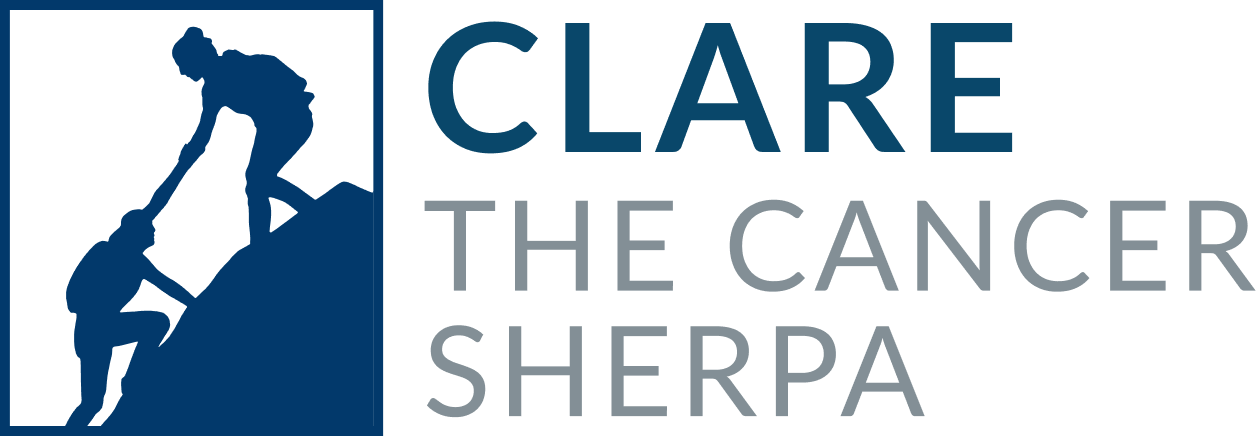I have been hesitant to share my story, or the many hundreds of stories —good and bad —that comprise my thirty-year survivorship, because, in truth, surviving is hard. PLEASE don’t get me wrong, it is better than the alternative, but short- and long-term survival after cancer presents its own unique sets of challenges that, like cancer diagnosis and treatment, require vigilance and ongoing care.
I often laugh at myself, and Darwin, as I am here despite natural selection trying to take me out more than once. Technically, my body, hell, my bone marrow, the biological machine responsible for making our most nascent cells, was riddled with malignant white blood cells, and yet, I am still here. For decades, I would not call myself a survivor as I didn’t believe my remission would last, and I wholeheartedly believed I wouldn’t live to see my 30th birthday. Was this rational? No, but when I was the only surviving member of my pediatric chemo class of eighteen, it was hard to envision any future, let alone dream of or map out an intentional one.
Early survivorship can at once be exciting, victorious, and feel like you have just been let out of a prison of your body’s own making. However, the completion of treatment can also cause anxiety-inducing thoughts, depression, and loneliness. As you know, treating cancer requires a type of urgency and trust in your care team that is not found in daily life. Thus, when regular contact with the people you entrusted with your life slows or comes to an end, it can be emotionally, mentally, and physically jarring.
While many cancer clinics and hospitals offer follow-up or survivorship programs, these programs can often be medically oriented and/or data-driven. What I mean by that is short- and long-term cancer survivors frequently need more support than scheduling follow-up tests, scans, and oncology appointments that not only track their remission status, but also provide data on the overall effectiveness of their treatment regimen. These are both critically important services, but they are only a small slice of the full spectrum of needs a new cancer survivor often requires.
The hospital where I was treated did not have any program, and to this day, it still doesn’t. Thus, for the entirety of my adult life, I have had to stay vigilant regarding changes in my mental and physical health and identify and locate specialists to diagnose, treat, and co-manage my short- and long-term side effects. I don’t wish this on anyone.
I am not here to wag my finger in your face while hypocritically telling you to “Do as I say, not as I do.” Honestly, I am here to tell you that the path I had to take was extremely stressful, infuriating, and lonely. Managing the growing network of healthcare and wellness professionals that treat the mental, cognitive, and physical conditions that arose from my chemotherapy and cranial/spinal radiation treatment is a full-time job. And, thus heeding my own advice, earlier this year, I finally found a PCP who has extensive professional and personal experience working with short- and long-term pediatric cancer survivors. Next year, I will have been a survivor for thirty years.
Don’t do what I did because now there is so much easily-accessible support for short- and long-term survivors, including:
- Mental Health
- Individual and Family Therapy
- Survivor Support Groups
- Meditation and Breathing
- Physical Health and Wellness
- Locating and Managing Specialists to Treat Side Effects
- Nutrition
- Fitness
- Cardio Training
- Weight Training
- Pilates
- Swimming
- Yoga
- Pain Management
- Acupuncture
- Massage
- Physical and Occupational Therapy
- Sleep Hygiene
- Continued Smoking and Alcohol Cessation
- Logistical Support
- Transportation
- Meals
- Grocery Delivery
- Meal Preparation and Delivery
- Medication and Pharmacy Management
- Child Care
- Pet Care
- Housekeeping, Gardening, and Laundry Services
- Running Errands/Tasks
I know this is available because I, or the survivors I work with, have needed some or all of these services at different points in our recovery. I laugh, because as I review Cancer Sherpa’s list of survivor support services, I realize that I have already met with at least one professional from each of the categories above this week, and it’s only Tuesday night.
Use me as your cautionary tale of survivorship. Don’t worry, I can take it! Just please contact me if you are a survivor in need of support, a funny survivor story, or both.
Image: Clare on her honeymoon skiing to Matterhorn


